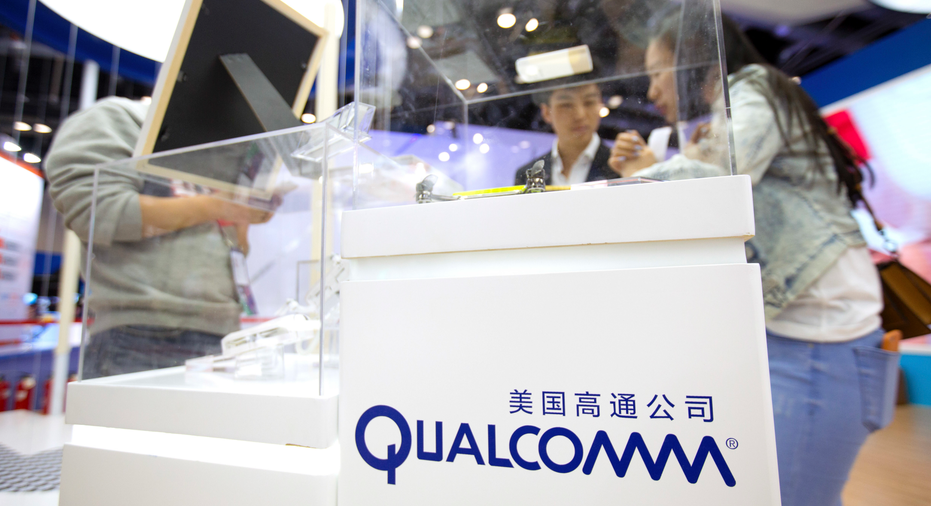EU fines Qualcomm $1.23B for paying Apple to use its chips

BRUSSELS – European regulators have fined Qualcomm $1.23 billion after concluding the U.S. mobile chipmaker bribed Apple to stifle competition by using its products exclusively in iPhones and iPads.
The penalty announced Wednesday marks the latest blemish on Qualcomm, whose business tactics have been portrayed as illegal abuses of power in lawsuits filed by the U.S. Federal Trade Commission and Apple. Those cases are still making their way through the courts.
The European Union probe focused on a different area than the U.S. lawsuits. Those complaints allege Qualcomm has been imposing unfair licensing terms on Apple and other makers of mobile devices for technology that it didn't invent.
European regulators contend Qualcomm secretly paid Apple to use its chips for connecting to high-speed cellular networks as long as Apple didn't switch to rival products from 2011 to 2016. Without providing specifics, EU Commissioner Margrethe Vestager said Qualcomm doled out "billions of dollars" to Apple during that period.
Europe is Apple's second largest market behind North America. The region generated nearly $250 billion in revenue for Apple from 2011 through 2016, the period covered by the EU's probe.
Some of the payments to Apple were cloaked as price cuts on Qualcomm components that were contingent on Apple refusing to buy chips from other companies, such as Intel, according to Vestager.
Qualcomm's payments were designed to "illegally shut out rivals from the market," Vestager said.
Qualcomm called the decision incorrect and vowed to appeal the fine, which amounts to 997 million euros. It represents less than 5 percent of the $35 billion in cash that Qualcomm had stockpiled through September.
The San Diego company also has adamantly denied allegations that it has been gouging Apple and other mobile device makers with its licensing demands for its technology.
Apple declined to comment on the arrangement that triggered the European inquiry and the fine on Qualcomm.
Despite cooperating with Qualcomm for the better part of six years, Apple won't face any repercussions in Europe, Vestager said. She cited internal documents showing Apple considered switching some of its work to Intel but could not do so financially until the end of the agreement.
Apple is now at odds with Qualcomm in a showdown involving billions of dollars. After filing a lawsuit seeking $1 billion from Qualcomm for alleged extortion, Apple and its suppliers began withholding royalty payments to Qualcomm until the legal dispute is resolved. The suit already is a year old.
Qualcomm's financial alliance with Apple made it easier to sell chips to smaller manufacturers swayed by what kinds of components were being used in the trend-setting iPhone and iPad, Vestager said.
She believes the competition in the mobile chip market has been restored in the European market now that Qualcomm Inc. is no longer paying Apple Inc. to use its products.
___
Liedtke reported from San Francisco.



















